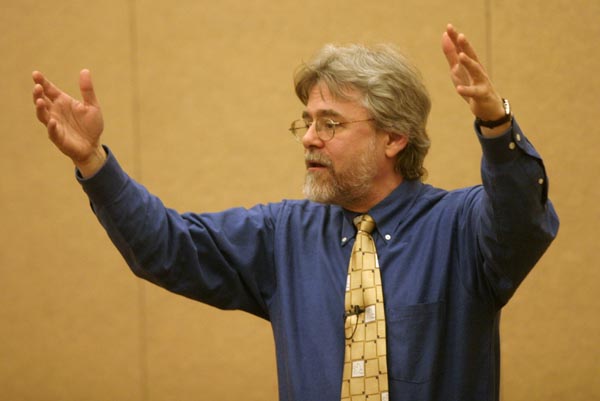I had the wonderful privelege of preaching yesterday at New Life PCA church here in South York, and was warmly welcomed and well hosted. A cool and welcoming place, this is a congregation that has had good and forthright conversations about holding together those with differing political and cultural views; they are eager to reach out in creative ways into the broader community. Good stuff. When their pastor--who is in a singing combo called Plan B (for those who have ears to hear)--explained that he is preaching in Luke, and asked me to speak on the Year of Jubilee (cancel the debt on the day of atonement!) which shows up in Isaiah 61, the text Jesus uses for his first sermon (Luke 4), well, I almost wet myself. I
love showing those connections between Older & Newer portions of Scripture and called my message "Jesus' Inaugural Address: Echoes of Jubilee." In Him it has happened, the year of the Lord, the annointed Kingdom, has come. Good news for the poor, and anybody poor in spirit enough to know they need release. We are now to be people of Jubilee, living into God's Kingdom of peaceful, restorative, social policy and annoucing Christ-given grace.
For those drawn to reflection before the service, this C.S. Lewis quote from
Mere Christianity was in the bulletin:
Charity---giving to the poor---is an essential part of Christian morality: in the frightening parable of the sheep and the goats it seems to be the point on which everything turns. Some people nowadays say that charity ought to be unnecessary and that instead of giving to the poor we ought to be producing a society in which there were no poor to give to. They may be quite right in saying that we ought to produce this kind of society. But if anyone thinks that, as a consequence, you can stop giving in the meantime, then he has parted company with all Christian morality. I do not believe one can settle how much we ought to give. I am afraid the only safe rule is to give more than we can spare.





<< Home